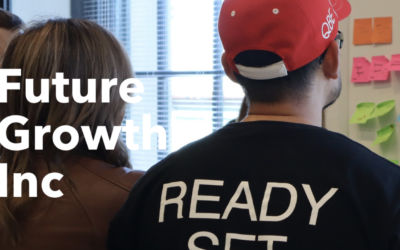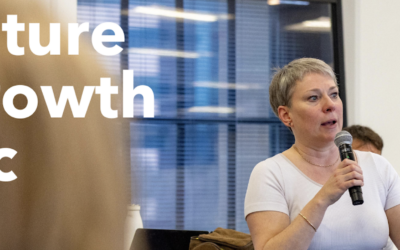Covid19 has inadvertently become a significant catalyst that will reshape the way we work for years to come. Hybrid working and digital communication has become the new normal, and while there are many ongoing debates surrounding productivity, there has not yet been the focus needed on how collaboration and innovation impact both digital and face-to-face workplace participation.
A recent study by Microsoft (2021) highlights three key factors that make innovation harder to achieve as we navigate remote working:
- Information amongst teams becomes increasingly siloed as members work more intensively with immediate colleagues, and less with other groups, resulting in common perspectives (‘group think’).
- Networks become static as new relationships become harder to form and establish, decreasing knowledge creation and quality of work.
- A phenomenon that Microsoft has termed as ‘involuntary shifts from synchronous to asynchronous communication’. Effectively this means as schedules change, communication shifts from real-time calls or conversations, to emails and instant chat messages. While asynchronous communication may be effective at conveying straight-to-the-point information, it does not allow for in-depth discussion or complex problem-solving.
The Microsoft research team concluded that digital communication would impact collaboration and innovation long-term. Furthermore, they advocated for a hybrid model where employees have fixed in-office days. And this is a compelling proposition from a multi-billion dollar company, in the business of selling remote work software.
And Microsoft is not alone in this advice. Other commentators argue that giving employees a sense of autonomy and a sense of purpose can help drive positive outcomes. Employee satisfaction, creativity, productivity, and increased retention can all result from this sense of workplace participation. So rather than imposing blanket mandates, perhaps we should be shifting our attention to creating better opportunities and reasons to connect.
The need for innovative practices
So how can remote work practices and tools be better adapted to inspire collaboration and innovation? As we mentioned in a recent newsletter, there are ways to encourage an appetite for in-person collaboration.
Employee-led innovation and design thinking workshops provide an opportunity for this kind of engagement and can help drive interest in connecting with others and forging a company’s future.
In addition, such workshops help employees build informal networks beyond the physical office, while providing an environment for in-depth discussion, complex problem solving and creativity. They also allow employees with weaker ties to forge new connections, acting as a catalyst for future collaboration and problem solving.
Importantly, these workshops provide employees with true agency. Employees want to feel valued, listened to and have some influence on the future of the firm. These workshops provide the context where those employee needs are fulfilled.
Whether you prefer remote working or working from an office environment, most commentators agree that some degree of flexible working is here to stay. So as leaders, we should think about how we can create face-to-face contexts that are meaningful for employees. Innovation and design thinking workshops provide the opportunity for serendipitous connections to occur while helping nurture broader networks. They can even spark in employees a wish to return to more face-to-face interactions. And by providing a reason to commune, innovation and collaboration events can also enable a company to thrive.
A robust innovation program is one of the most worthwhile investments to build effective outcomes.
Let us help you innovate, contact Disruptors Co today.
Thinking about changing well at your firm?
We’re here to help
We’ve been facilitating change innovation for nearly 8 years now, and we’ve developed whole toolkits to support the process. We customise programs for different business needs, and we advise on the technologies you can use to support your company’s intrapreneurship. Of course, we’d be happy to design an innovation program for your business, too.



